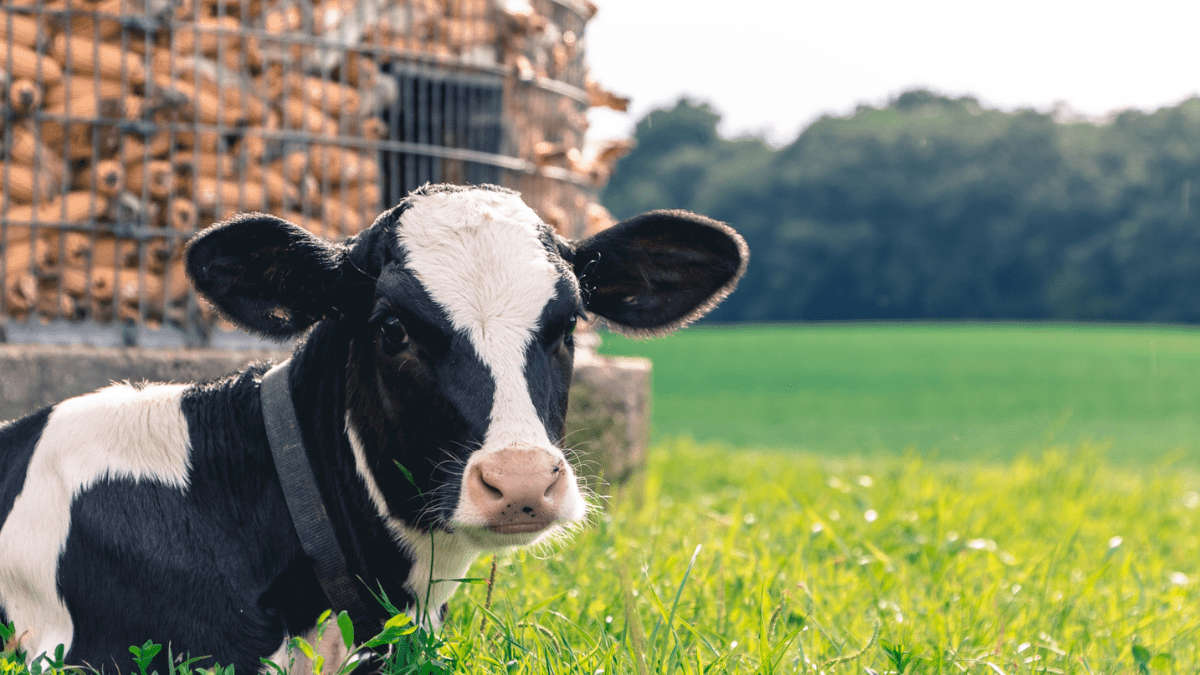Everything you need to know about animal welfare certification in Asia

The growing concern for animal welfare certification in production systems, particularly for swine, poultry, and cattle, has been noted in various Asian countries.
Recently, the Yogyakarta region in Indonesia launched the first cage-free district, standing out as an example in promoting sustainable and humane practices in animal production.
Companies, consumers, and researchers across Asia are increasingly aligning with these practices. According to data presented in a study published in Frontiers in Animal Science, which evaluated the impact of animal welfare practices in various Asian countries including Taiwan, Japan, South Korea, and China, there has been significant growth in the commitment of companies to cage-free egg production.
This study highlights the growing awareness and adoption of more ethical and sustainable production systems in the region, reflecting a global movement towards improving the living conditions of production animals. For more details on this research, access the full study here.
The relevant information about Asian countries mentioned on the site includes:
- Taiwan is cited as having a growing commitment to cage-free egg production. Some Taiwanese companies are being highlighted for their commitment to animal welfare by adhering to cage-free production.
- In Japan, there is a growing movement to promote cage-free egg production, with several Japanese companies establishing commitments to eliminate cages in their supply chains.
- South Korea is also mentioned for its initiatives in adopting cage-free production systems, with some South Korean companies demonstrating leadership in the region.
- China is noted for beginning to engage in animal welfare practices, with some Chinese companies being evaluated and showing signs of commitment to cage-free production.
- In the Asian financial market, this issue is already part of important indicators to encourage sustainable systems and protect the reputation of institutions that buy and sell shares.
- Among Asian consumers, the refusal to purchase products that do not consider these concerns is growing. This scenario has led to an increasing demand for animal welfare certification across the region.
What is animal welfare and why is it important?
According to the World Organisation for Animal Health (OIE), animal welfare is defined as “the physical and mental state of an animal in relation to the conditions in which it lives and dies.”
This means that farming should allow animals to express their natural behavior throughout their lives and not be exposed to physical or psychological suffering, being well cared for from birth to slaughter.
In the Asian context, this concern is crucial not only for humanitarian reasons but also for its impact on public health, food safety, and long-term economic development.
The implementation of animal welfare practices in countries like Indonesia can positively influence other markets in Asia, expanding the reach of these practices.
What does an animal need for its welfare?
To ensure the welfare of production animals in Asia, it is necessary to provide conditions that favor their development, such as:
- A balanced diet for good nutrition;
- Appropriate conditions for feeding, resting, and movement, avoiding the use of cages;
- Restriction of medications like antibiotics only for treating diseases, not for accelerating growth;
- Respectful handling, promoting positive contact with the animals and avoiding unnecessary situations of stress and fear.
Each species requires specific conditions to develop well, and producers in Asia should seek specific information for their farming practices.
What is animal welfare certification?
Animal welfare certification in Asia is a process that involves adapting production to standards that establish favorable living conditions for animals, with inspections of the facilities. The result is the issuance of a seal that can be used on the packaging of certified products.
In Asia, where awareness of animal welfare is rapidly growing, this certification is a way to align with global and regional trends in animal care. For Asian consumers, it is a guarantee that they are purchasing products from brands that treat animals with dignity.
Why does having an animal welfare seal make a difference?
The animal welfare certification seal brings benefits to both producers and consumers in Asia, from an economic perspective, product quality, and awareness of animal rights. Among the benefits are:
- Improvement in product quality, with better taste, texture, and appearance of meat;
- Reduction in animal mortality;
- Increased resistance of animals to diseases, with less need for medications;
- Lower risk of zoonoses and foodborne diseases.
These benefits increase productivity and efficiency, as well as positively impact the company’s reputation. In Asia, these certification processes allow product differentiation, adding value and opening new markets, such as the emerging cage-free districts.
What do I need to do to obtain the certificate?
The animal welfare certification process is accessible to companies and producers of all sizes in Asia. The required adaptations in farming do not necessarily require large financial investments, and inspection fees are proportional to the size of the production.
The step-by-step process to become a certified brand in Asia is:
- Preparation: Learn the standards and adjust your facilities. Specific guidelines for Asia are available online.
- Application: The application can be made in different modalities according to the type of operation. For more information, click here.
- Inspection: An inspector will conduct an on-site verification of the animal rearing conditions. The report will be analyzed for the issuance of the decision.
- Decision: If the standards are met, the certification seal will be granted. For adjustments, a conditional certification document will be issued, and after the adaptations, the certificate will be received.
Published on September 10, 2024



